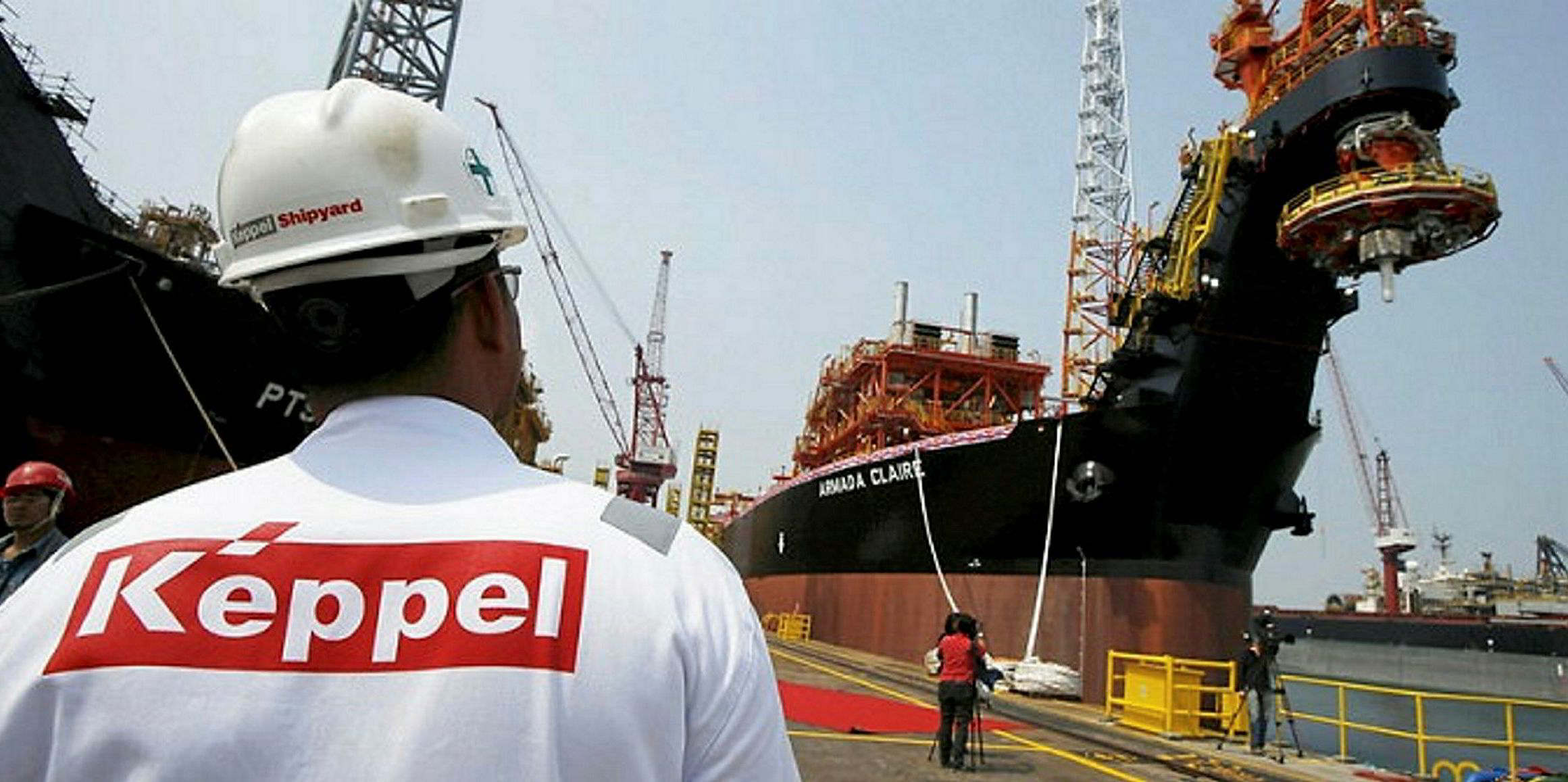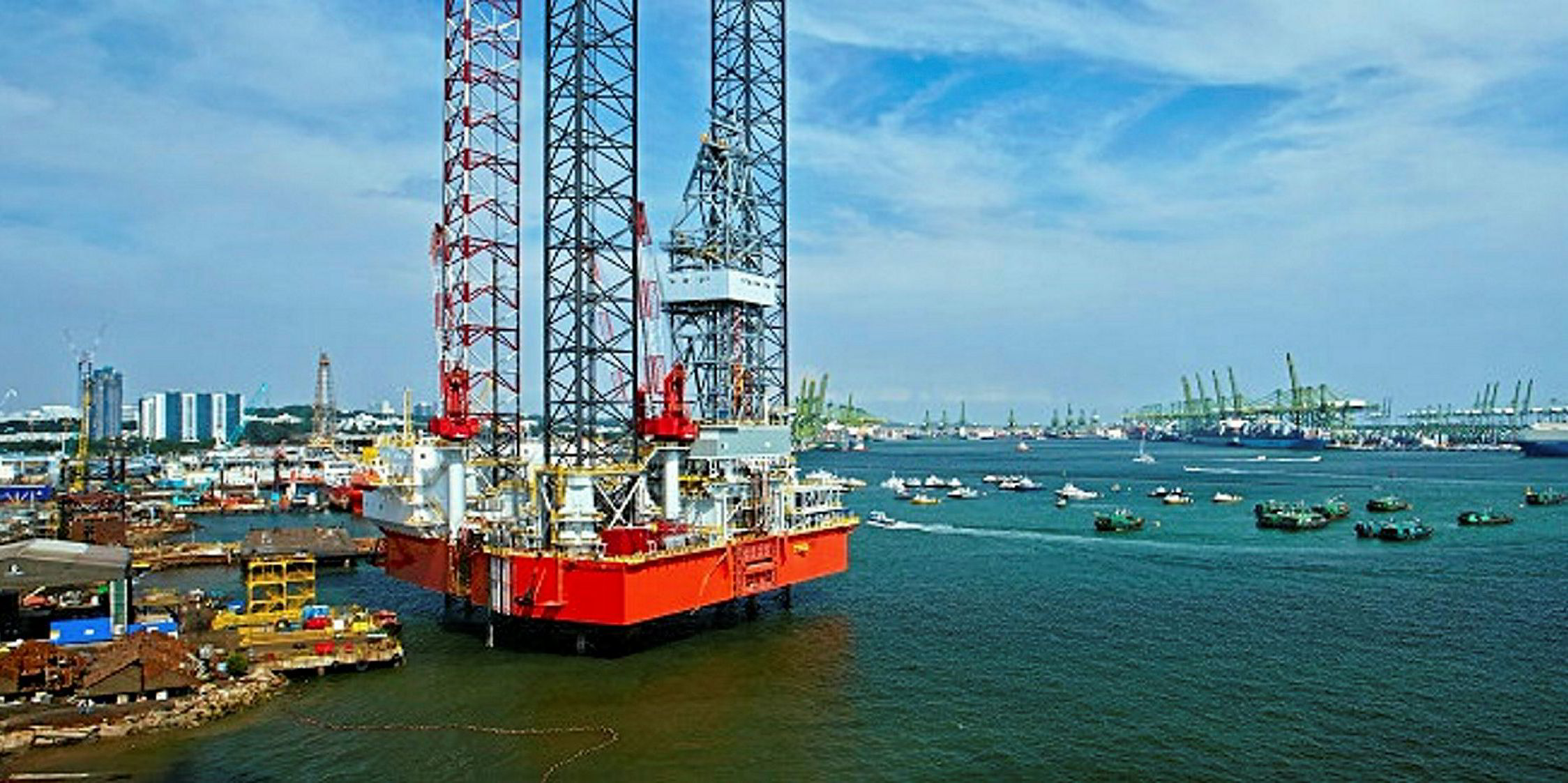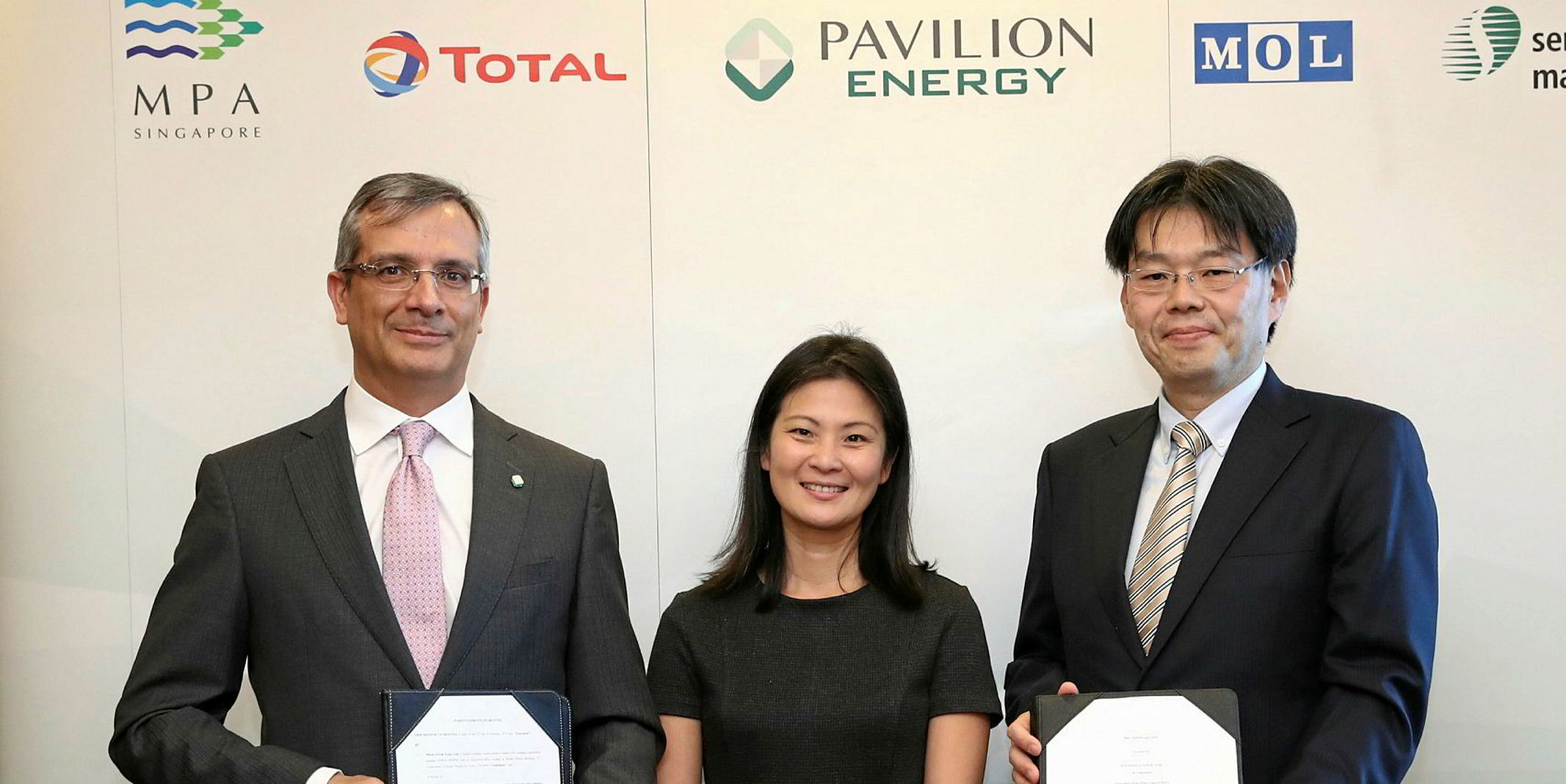The consolidation of South Korea's Hyundai Heavy Industries and DSME may bode well for shipyards in Singapore which in the short run can grab market share in the offshore market, according to analysts.
As the merged entity will need to focus on integration for one to two years, CGS-CIMB analyst Lim Siew Khee says Keppel Offshore & Marine and Sembcorp Marine could gain an upper hand over their South Korean rival.
“We expect HHI and DSME to experience some short-term pain as the two mega yards face uncertainties completing the takeover deal as well as given the massive post-deal restructuring exercises,” Lim says.
Yard consolidation tends not to be an easy task in South Korea. When HHI took over Halla Samho shipyard in 1998, labour strikes at the latter shipyard were said to have lasted for six months and forced a halt to production.
One South Korean shipbuilding source recalls the labour union took control of the Samho yard for six months and “kicked out the management”.
“After that, [South] Korea went through 10 years of ‘shipyard labour strike epidemic’,” he says. “Labour strikes took place at almost all shipbuilding companies…across the country.”
Moreover, those two South Korean yards were to some extent forced to merge after suffering heavy losses in offshore shipbuilding earlier this decade.
“Given the less-than-optimal financial situation they find themselves in, the [South] Korean yards now have less appetite and are now less aggressive in bidding for such projects,” Banchero Costa head of research Ralph Leszczynski says.
Still, Leszczynski is cautious about the overall growth outlook of the offshore sector against the backdrop of shale revolution.
“Structural changes in the oil industry …are prolonging the downturn in offshore production well beyond what was previously expected,” he says. “It’s now difficult to predict when, and indeed if at all, the offshore sector will recover.
“Oil prices bottomed out in early 2016 and rallied back from $30 per barrel in January 2016 to as high as $80 per barrel in the middle of 2018. However, this had almost no impact on the offshore sector.”






